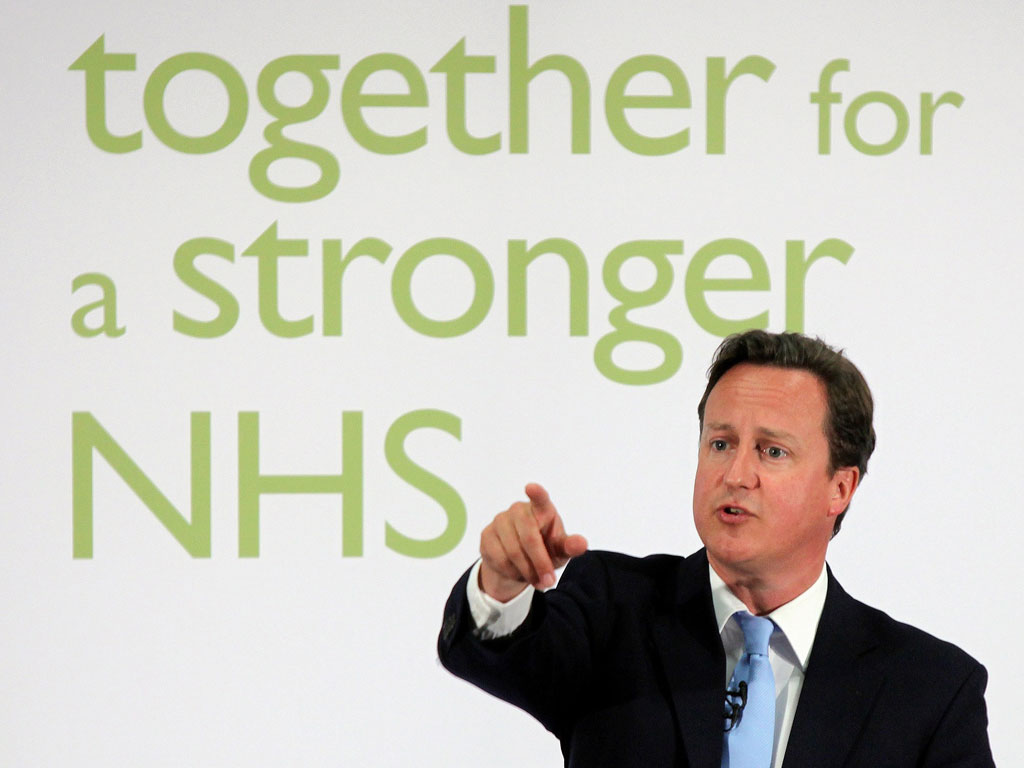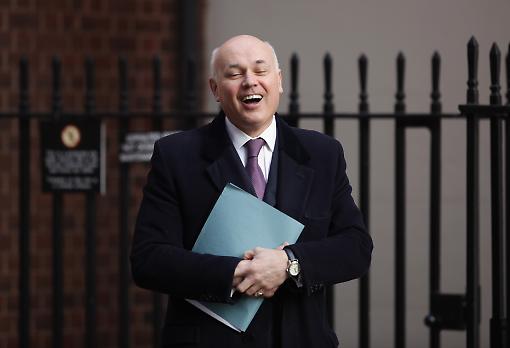[Related to a later post about the Conservative Party allowing access to historical material on its website.]
http://www.newstatesman.com/politics/2013/11/tories-attempt-delete-all-pre-2010-speeches-internet
The party’s commitment to transparency and freedom of information is wearing thin.
George Eaton

How’s David Cameron’s pledge to be the “most transparent” leader ever working out? Not very well judging by an extraordinary story from Computer Weekly. The site reports that the Conservatives have attempted to erase all speeches and press releases issued between 2000 and until May 2010 from the internet. That’s right; not just from their own site but from the Internet Archive, the largest publicly available digital library.
Mark Ballard reports:
“Sometime after 5 October, when Computer Weekly last took a snapshot of a Conservative speech from the Internet Archive, the Tory speech and news archive was eradicated.
Conservatives posted a robot blocker on their website, which told search engines and the Internet Archive they were no longer permitted to keep a record of the Conservative Party web archive…The erasure had the effect of hiding Conservative speeches in a secretive corner of the internet like those that shelter the military, secret services, gangsters and paedophiles.
The Conservative Party HQ was unavailable for comment. A spokesman said he had referred the matter to a “website guy”, who was out of the office.”
And before their words disappear down the memory hole, here’s what Cameron and George Osborne had to say about transparency and freedom of information before 2010.
Cameron told Google’s Zeitgeist Europe Conference on 22 May 2006:
“You’ve begun the process of democratising the world’s information. Democratising is the right word to use because by making more information available to more people, you’re giving them more power. Above all, the power for anyone to hold to account those who in the past might have had a monopoly of power – whether it’s government, big business, or the traditional media.”
On 11 October 2007, he told another Google conference in San Franciso:
“It’s clear to me that political leaders will have to learn to let go. Let go of the information that we’ve guarded so jealously.”
In an article for the Telegraph in 2011, he wrote:
“Information is power. It lets people hold the powerful to account, giving them the tools they need to take on politicians and bureaucrats. It gives people new choices and chances, allowing them to make informed judgments about their future. And it lets our professionals judge themselves against one another, and our entrepreneurs develop new products and services.”
As for Osborne, he declared in a speech on “Open Source Politics” at the Royal Society of Arts on 8 March 2007:
“We need to harness the internet to help us become more accountable, more transparent and more accessible – and so bridge the gap between government and governed.
The democratization of access to information…is eroding traditional power and informational imbalances.
No longer is there an asymmetry of information between the individual and the state, or between the layperson and the expert.”
“No frontline cuts”, “no top-down NHS reorganisations”, “no VAT rise” – why the Conservatives are trying to erase all pre-May 2010 speeches and press releases from the internet.
he Tories have attempted to erase all pre-May 2010 press releases and speeches from the internet, but what could they possibly have to hide? Here are some suggestions.
1. No cuts to front-line services
As remarkable as it may seem, Cameron told Andrew Marr the weekend before the general election that a Conservative government would not cut any front-line services.
“What I can tell you is, any cabinet minister, if I win the election, who comes to me and says: “Here are my plans,” and they involve front-line reductions, they’ll be sent straight back to their department to go away and think again. After 13 years of Labour, there is a lot of wasteful spending, a lot of money that doesn’t reach the front line.”
Since then, 5,870 NHS nurses, 7,968 hospital beds, a third of ambulance stations, 5,362 firefighters and 6,800 frontline police officers have been cut.
2. “We have absolutely no plans to raise VAT”
In an interview with Jeremy Paxman on 23 April 2010, Cameron said: “We have absolutely no plans to raise VAT. Our first Budget is all about recognising we need to get spending under control rather than putting up tax.”
VAT was subsequently raised from 17.5 per cent to a record high of 20 per cent in George Osborne’s emergency Budget.
3. Cameron on child benefit: “I wouldn’t means-test it”
At a pre-election Cameron Direct event, the Tory leader issued this “read my lips” pledge: “I’m not going to flannel you, I’m going to give it to you straight. I like the child benefit, I wouldn’t change child benefit, I wouldn’t means-test it, I don’t think that is a good idea.” The coalition went on to abolish the benefit for higher earners in the Spending Review and froze it for three years.
4. NHS: “no more top-down reorganisations”
Perhaps most infamously, the Conservatives repeatedly promised before the general election that there would be no more “top-down reorganisations” of the NHS (Andrew Lansley, Conservative Party press release, 11 July 2007). In a speech at the Royal College of Pathologists on 2 November 2009, Cameron said: “With the Conservatives there will be no more of the tiresome, meddlesome, top-down re-structures that have dominated the last decade of the NHS.”
The coalition went on to launch the biggest top-down reorganisation of the service in its history.
… (continues)
[Related to a later post about the Conservative Party allowing access to historical material on its website.]


